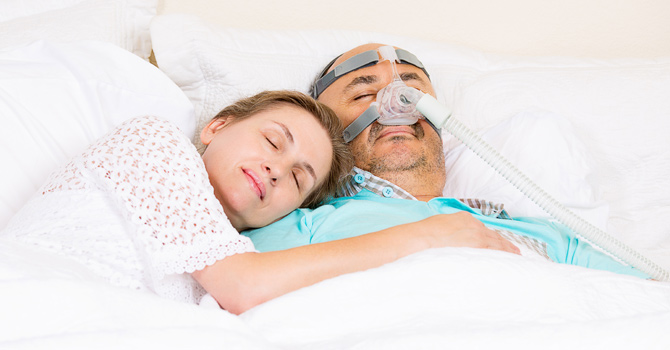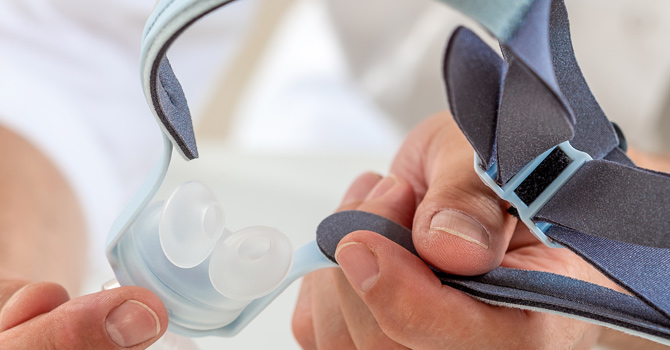Developed by Dr Murray Johns in 1990 and subsequently modified in 1997, The Epworth Sleepiness Scale is a self-administered questionnaire for assessing daytime sleepiness. It is named after Epworth Hospital where he established the Epworth Sleep Center in 1988.
To determine their ESS score, the respondent is asked to rate on a 4-point scale (0, 1, 2, 3) how likely they are to fall asleep while engaging in eight different activities. The ESS score is the sum of all answers, which can range from 0 to 24. It provides estimates of the respondent’s usual chances of dozing off during everyday situations. The higher the score, the higher their daytime sleepiness.
Multiple studies and sleepiness tests help establish the validity of the ESS. However, it is not considered a reliable diagnostic tool because it can’t distinguish which specific factors or sleep disorders contribute to a person’s propensity for daytime sleepiness. Nonetheless, ESS is an effective screening tool and, administered by a sleep doctor, can provide accurate scores that predict sleep apnea help determine whether or not you need further testing.
ESS takes no more than 3 minutes to answer and is available in many languages.
If you are categorized as abnormal sleepiness- print the results out and see your General Practitioner for further information.
https://qxmd.com/calculate/calculator_85/epworth-sleepiness-scale


